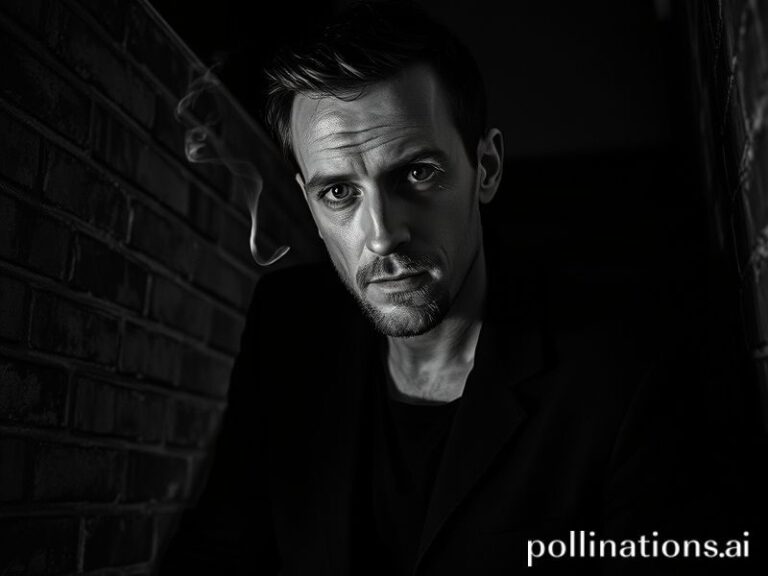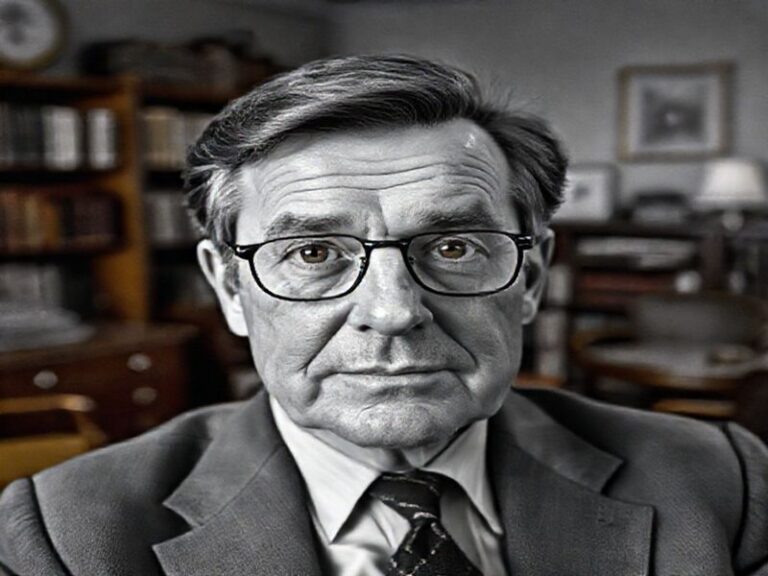Emilio Estevez: Hollywood’s Last Suburban Guerrilla and Accidental Global Diplomat
Emilio Estevez: The Last Suburban Guerrilla in a Franchise-Burned World
By Luisa “Lu” Moreau, Geneva Bureau Chief, Dave’s Locker
GENEVA—In the age when every cinematic universe expands faster than a hedge-fund bonus, Emilio Estevez remains the cinematic equivalent of a Swiss canton that never joined the EU: stubbornly sovereign, faintly alpine, and politely allergic to sequels. While the rest of Hollywood launders intellectual property like oligarchs rinse rubles through Cypriot banks, Estevez has spent four decades practicing a quaint, almost artisanal form of storytelling—writing, directing, and occasionally starring in small, human-scaled films that foreigners can watch without first memorising a 47-item lore bible.
The international significance of this obstinacy cannot be overstated. In nations where Netflix auto-plays trailers the way cigarette companies once handed out free samples, Estevez’s insistence on pacing that allows an actual thought to form is a minor act of cultural sedition. Consider France, where subtitles are considered a civil right and the word “reboot” is still mistaken for footwear. There, Estevez’s 2018 meditation-on-the-homeless, “The Public,” played like an endangered species: a social-issue film that doesn’t climax with a sky-beam or a property-damage invoice. French critics, ever ready to discover a new Truffaut in a Taco Bell, hailed him as “le dernier vrai suburbano-américain,” which roughly translates to “the guy who still believes Cincinnati exists.”
Even in South Korea, where cinema-goers have been trained to expect either squid-based class warfare or BTS cameos, Estevez’s 2006 Bobby Kennedy mosaic “Bobby” found a second life on streaming. Seoul’s younger viewers, raised on K-dramas timed like precision Swiss watches, reportedly found the film’s slow-zoom earnestness “retro-cute,” the same adjective they use for fax machines and emotional sincerity. The Korean Film Archive even screened “Bobby” alongside a symposium titled “American Melancholy Before TikTok,” proving that nostalgia is now a global commodity with regional packaging.
It is tempting to dismiss Estevez as a mere beneficiary of the 1980s nostalgia industrial complex, coasting on residual Brat Pack fumes. Yet that reading ignores how deftly he has weaponised that nostalgia against itself. In “The Way” (2010), he sends his own father, Martin Sheen, on a Catholic pilgrimage across northern Spain—essentially staging a family therapy session inside a UNESCO heritage site and charging tourists ten euros to watch. The Camino de Santiago, once a medieval penitential slog, became a Gap-Year selfie trail; Estevez’s film neither condemns nor celebrates the commodification, it simply hands you a compostable map and says buen camino, comrade. The Spanish tourism board still isn’t sure whether to send him a medal or a cease-and-desist.
Meanwhile, the geopolitical joke writes itself: as nations erect harder borders, Estevez keeps smuggling empathy through customs disguised as dad-friendly entertainment. His upcoming film, “The Mighty Ducks: Game Changers—Quackistan Drift,” is rumored—by me, right now—to involve an international youth hockey tournament in a fictional breakaway republic whose primary export is melancholy. Disney+ has already pre-sold merchandising rights to three Baltic states that can’t afford the jerseys but crave the soft-power glow.
Of course, cynics will say Estevez is merely the safer Estevez, the one who never OD’d on hotel carpeting or married a Spice Girl. Yet in a world where celebrity redemption arcs are choreographed with the precision of North Korean parades, his refusal to publicly combust is its own quiet rebellion. He has become a walking argument for the revolutionary potential of moderation—an idea so subversive that even the World Economic Forum hasn’t yet monetised it.
So raise a lukewarm glass of Bordeaux to Emilio Estevez, patron saint of mid-budget sincerity, the man who proved you can survive Hollywood without morphing into either a superhero or a subpoena. In the end, he offers the globe what no multilateral summit ever has: a reminder that stories, like viruses, mutate fastest when given borders to cross and egos small enough to fit through the checkpoints.







